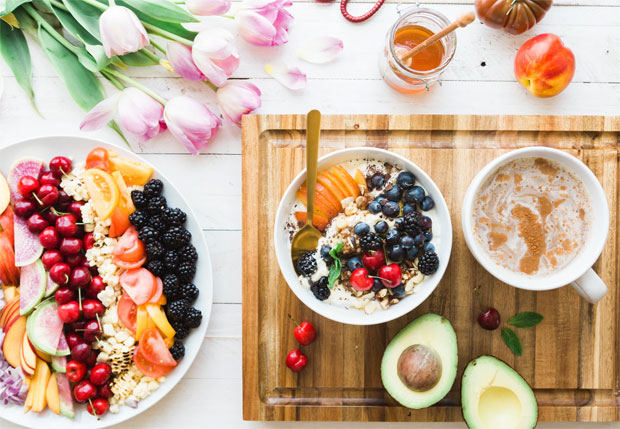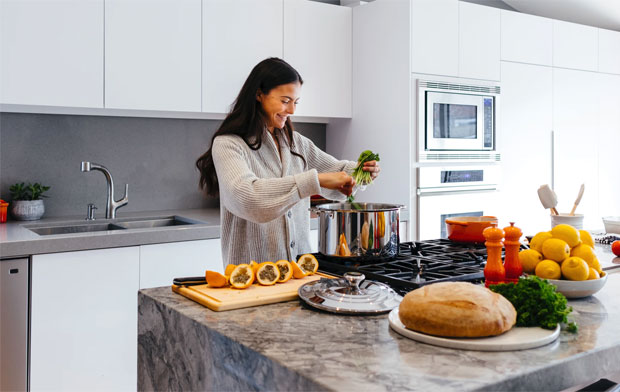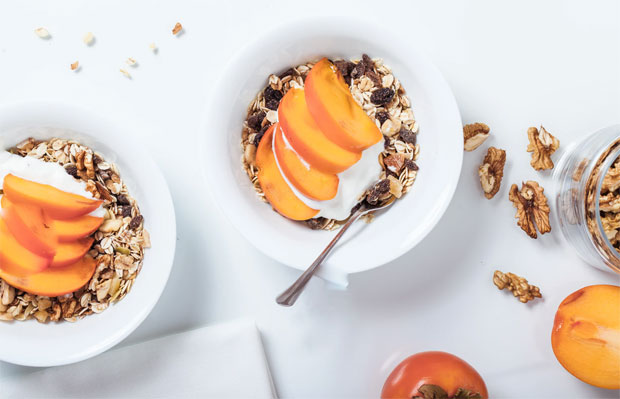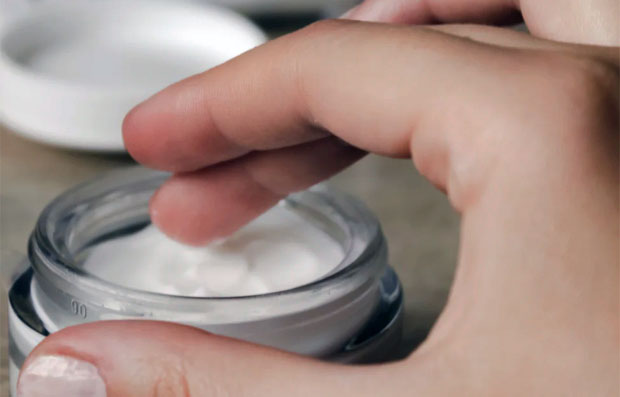The Best Foods for Healing Eczema Naturally
The Best Foods for Healing Eczema Naturally
Eczema (also called atopic dermatitis) is a skin condition that causes dry, itchy patches all over the body — sometimes in just a few places like behind the knees. The condition results from an inflammation of the body part in question. There are no cures for the condition. However, a few over-the-counter medications and creams help lower the symptoms and keep the eczema under control. Another thing that you can do if you suffer from eczema is to choose foods that do not cause inflammation to get rid of the symptoms.
The condition is most common in children under the age of two years. However, it may affect people of all ages. With proper management of the condition, most children grow out of the condition or experience just a few breakouts or flare ups that you can control with the right diet and treatment. Scientists also believe that hereditary and environmental factors also play a part in the development of the disease. Below are a few tips on food selection that might help the symptoms.
How Does Food Cause Inflammation
Some foods are known to trigger the release of T cells and immunoglobulin-E, which are some antibodies that the body produces to fight threats. The body’s response to non-existing threats causes inflammation. Popular foods that cause an immune response include wheat, nuts and milk so if you are intolerant to these foods, they can cause inflammation in the form of eczema flare-ups.
What Are Some Foods to Include in Your Diet?
Here are some anti-inflammatory foods to try to incorporate in your daily diet:
- Fatty Fish | You can reduce your symptoms by eating fish such as herring and salmon. Fish oil has high amounts of omega-3 fatty acids, which is a potent anti-inflammatory and good for general health. If you do not eat fish, you may also consider taking an omega-3 supplement. Dieticians recommend a daily intake of not less than 250 milligrams of omega-3 fats each day.
- Fruits Rich in Quercetin | Quercetin is a plant flavonoid. This ingredient gives a vibrant colour to vegetables, fruits and flowers. Besides, it makes for a powerful antihistamine and antioxidant. Therefore, taking food rich in quercetin will help lower inflammation and histamine. Some of the foods that are high in the flavonoid include broccoli, spinach and kale.
- Foods Rich in Probiotics | Probiotics in food help support strong immunity. This is key to lowering the number of allergic reactions and flare-ups. Some of the popular probiotic foods include yogurt, sourdough bread, kefir, tempeh, soft cheese, miso soup and naturally fermented pickles. Probiotics also help in lowering digestive problems such as constipation, indigestion and flatulence.
- Red Cabbage | Red cabbage gets its vibrant colour from a pigment called anthocyanin. This pigment is also found in the purple cauliflower. The pigment is both an anti-inflammatory and highly alkalizing, thereby lowering acidity in the small intestines.
- Flaxseed Oil | Flaxseed oil is the best alternative to fatty fish as a source of omega-3 fatty acids. On the other hand, flaxseed helps moisturise the skin from the inside. Moisturisation is vital as one of the condition’s main symptoms is dry, flaky skin. You should take about ½ a teaspoon of this oil daily.
- Oats | Oats have high fibre content for digestion. It also contains zinc, silica and Vitamin E, which are good for strong skin.
Other Tips to Managing the Condition
In addition to eating the right foods, anyone suffering from eczema should be careful in selecting soaps, skincare and beauty products. Steer clear harsh soaps, scrubbing and deep-cleaning products to avoid irritating the skin. Instead, go for organic skincare products that have soothing properties. Sond sensitive skincare products may help lower the symptoms and prevent the aggravation of the condition. Besides, follow your physicians guide on dealing with the symptoms.
Guest Article.









